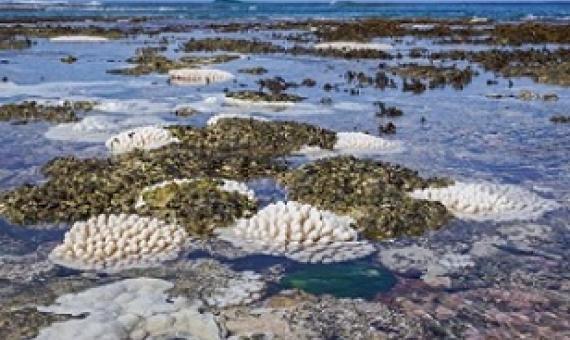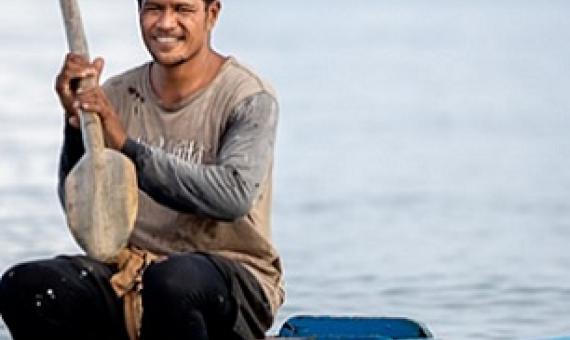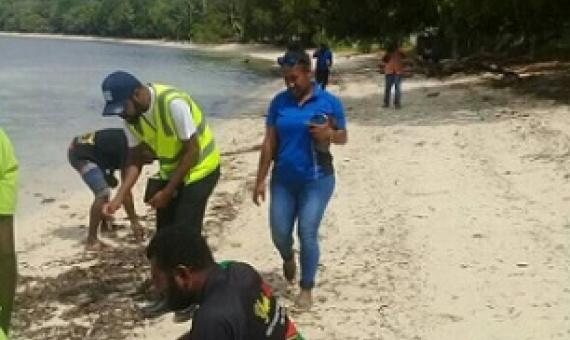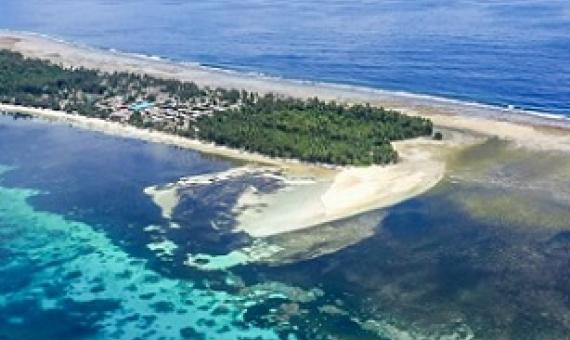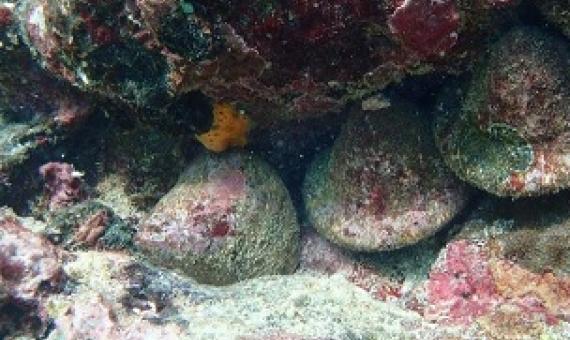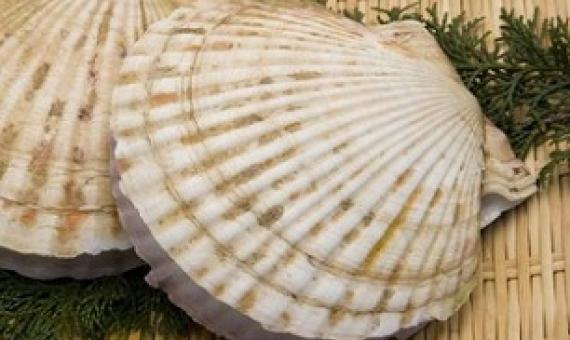The staggering level at which Titikaveka passages are being raided for fish and seafood is causing deep concern in the village and Opposition MP Selina Napa wants it to stop immediately.
SPBCP manual on natural resource-based income generating activities
Internationally, the average budgets for protected areas in developing countries is estimated to be around 30 percent of what is considered to be the minimum amount required for conserving those areas. Internationally, donor assistance for biodiversity conservation has also declined, and many officially recognized parks are only paper parks , lacking sufficient funds to pay for staff salaries, fuel costs, surveys etc;Prepared for SPREP SPBCP programmeCall Number: 333.95 PAR ,[EL]Physical Description: 56 p. : appendices ; 29 cm
Environmental risks associated with submarine tailings discharge in Astrolabe Bay, Madang Province, Papua New Guinea
Highlands Pacific Limited is currently seeking finance for the development of a Nickel-Cobalt mine in Madang Province. Papua New Guinea. The mine will be located near the Ramu River, with processing facilities at Basamuk Bay on the Rai Coast. Basainuk Bay is a small embayment of the larger Astrolabe Bay. Highlands Pacific plans to dispose of mill tailings through a submarine outfall into Astrolabe Bay. Oceanographic conditions in Astrolabe Bay make this practise inadvisable if consideration is given to the ecological health of the Madang region.
Available online
Sea cucumber fisheries : a manager's toolbox
Fishers have changed their methods from wading in the shallows to the use of sail and paddle canoes, and dinghies with outboard motors. This has resulted in greater coverage of the area where sea cucumbers live, more regular fishing, access to remote areas and the capacity to transport greater catches. Loss of much larger numbers of sea cucumbers from many areas as a result of this increased fishing pressure reduces the chances of adults remaining at densities high enough for effective reproduction.
Hungry oceans: what happens when the prey is gone?
According to conventional wisdom, small, fast-growing fish are impossible to overfish because their populations are so large and grow so quickly. Yet we are now seeing disquieting signs that conventional wisdom is wrong. Most significantly, scientists are reporting ocean predators emaciated from lack of food, vulnerable to disease and without enough energy to reproduce. Scrawny predatorsdolphins, striped bass, and even whaleshave turned up along coastlines around the world. Recreational fishermen are losing both their target fishand their bait.
More Samoans are turning to the ocean to sustain their livelihoods as the impact of the coronavirus pandemic continues to force more and more people out of jobs...35 year old Kitiona Malaesaili is one of those who has turned to the ocean for food and income in order to support his family in
Over 100 sea cucumbers, mostly sandfish species have recently washed ashore on Valevale Beach at Pango. Most of them were found to be still alive but weak, according to observations by the Vanuatu Meteorology and Geo-Hazards Department (VMGD) Impact Data Team.
As a result of the growing impacts of the COVID-19 pandemic and the everyday challenges of climate change, some people of the Malaita Outer Islands (MOI) claim to have had no choice but to engage in illegal out-of-season harvesting of sea cucumbers and other marine resources as a means of surviva
A Southern Cross University study has found that a marine snail introduced to the Pacific nation of Samoa, instead of being detrimental to the environment, is proving to be an asset. Before the snail’s introduction 15 years ago Samoa did not have a naturally-occurring trochus population.
Coromandel residents have declared a voluntary rāhui on collecting scallops from a bay on the eastern side of the peninsula. The ban at Ōpito Bay over summer is being put in place to prevent the collapse of the shellfish's population.

